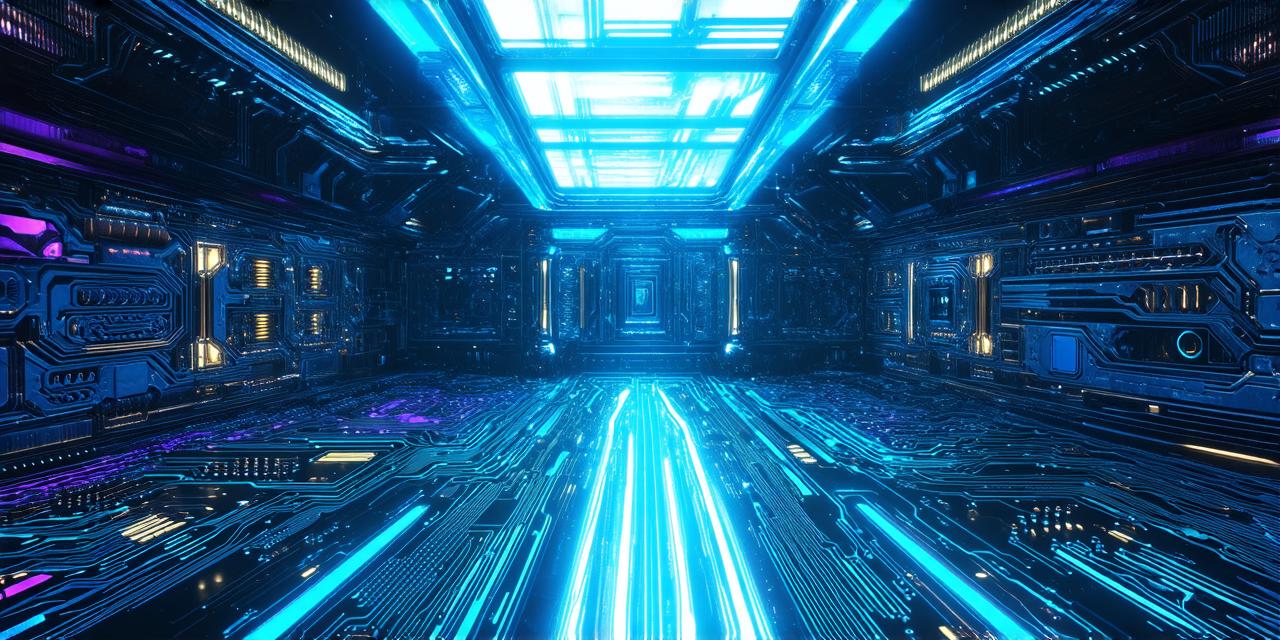Have you ever felt like the world is just too small for you? Do you want to escape the mundane routines of everyday life and explore new realms of imagination? If so, then the metaverse might be the place for you.
What is the Metaverse?
The concept of the metaverse has been around for decades, but it’s only in recent years that technology has advanced to make it more accessible and immersive than ever before. The metaverse is not just a virtual reality or augmented reality space; it’s a decentralized network of interconnected virtual worlds where people can create their own avatars, interact with each other, and engage in various activities such as gaming, socializing, and even commerce.
What Makes the Metaverse so Special?
One of the key aspects of the metaverse is its ability to create a sense of immersion and presence that is unlike anything we can experience in the physical world. By donning a virtual reality headset or using an augmented reality app, users can completely immerse themselves in a virtual environment where they can interact with others as if they were physically present.
The metaverse also offers an unprecedented level of customization and creativity. Users can create their own avatars, design their own virtual homes and businesses, and even build their own games or other interactive experiences. This has already led to the creation of some truly unique and innovative virtual worlds that have captured the imagination of millions of people around the world.
Real-Life Examples of the Metaverse
There are many real-life examples of the metaverse in action, including:
- 1. Second Life: One of the most well-known examples of the metaverse is Second Life, a virtual reality platform that has been around since 2003. With over 1 million active users, Second Life allows people to create their own avatars and interact with each other in a variety of virtual environments, from futuristic cities to medieval castles.
- 2. Decentraland: Another popular example of the metaverse is Decentraland, a decentralized virtual reality platform that was launched in 2017. Decentraland allows users to create their own virtual land, design their own buildings and other structures, and even host events such as concerts and games.
- 3. VRChat: VRChat is a social virtual reality platform that allows users to interact with each other in a variety of virtual environments, from futuristic cities to haunted forests. VRChat also features a robust moderation system that allows users to customize their own rules for how they want to interact with others.
Impact on Society
The metaverse has the potential to have a profound impact on society, both positive and negative. On one hand, it offers people a way to escape the stresses of everyday life and explore new realms of imagination. It also has the potential to democratize access to virtual experiences, allowing people from all backgrounds and financial means to participate in the metaverse without needing expensive equipment or high-speed internet connections.

On the other hand, the metaverse also raises a number of important ethical questions about issues such as privacy, freedom of expression, and the potential for addiction and other negative behaviors to develop in virtual environments. As with any new technology, it’s important that we carefully consider these issues and work to create a safe and responsible metaverse environment.
FAQs
1.
